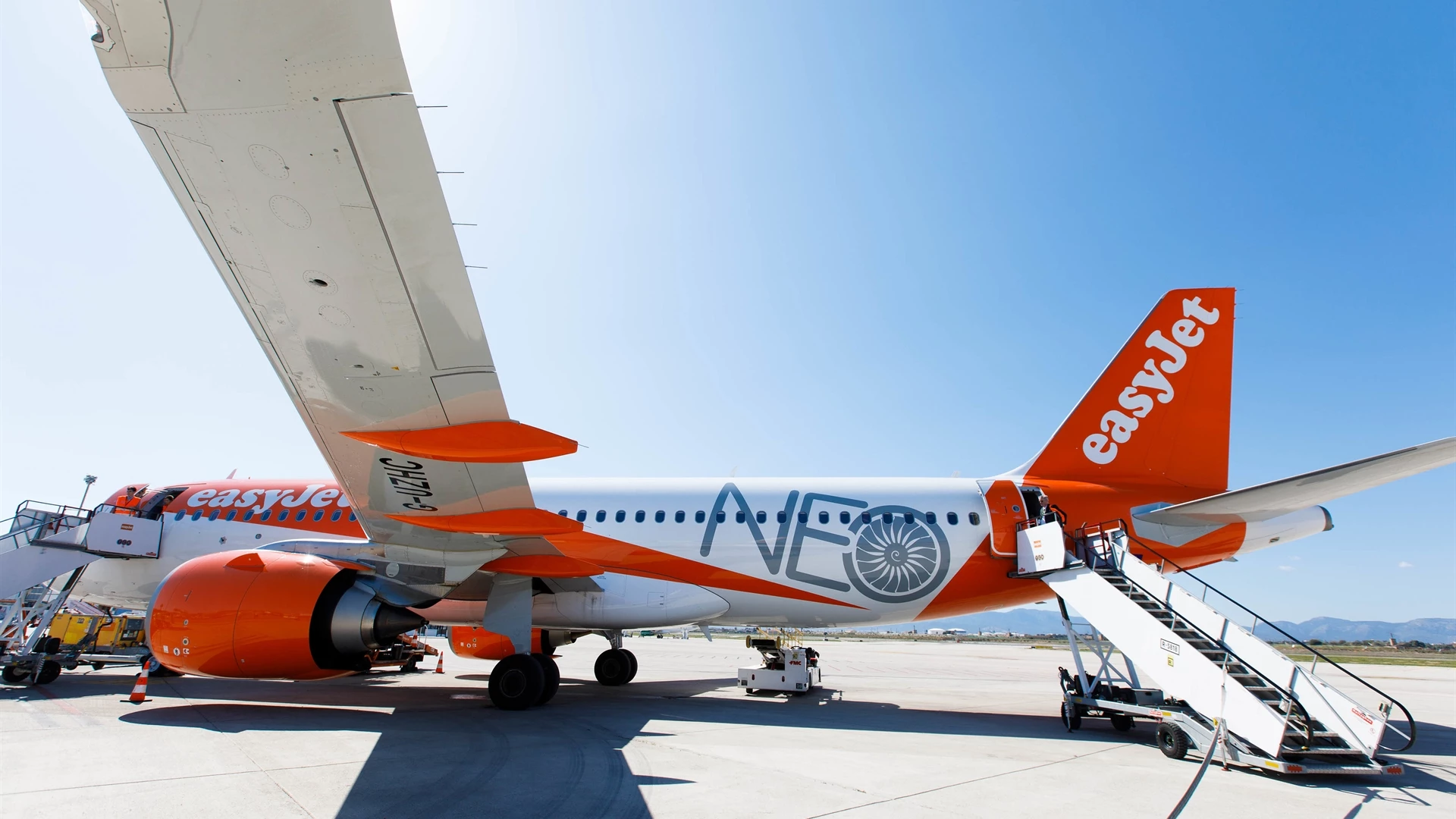
easyJet Achieves Major Milestone in its Net Zero Strategy with Over 20% of Fleet Comprising New A320neo Family Aircraft
- easyJet has taken delivery of its 67th A320neo Family aircraft this month; making over 20% of the easyJet fleet NEO-technology
- A320neo Family aircraft use around 15% less fuel than their equivalent predecessors, and have up to 50% noise reduction at take-off, landing and whilst taxiing
- easyJet has an orderbook for a further 164 A320neo Family aircraft, in addition to the 67 already delivered
- By October 2024, the fleet is expected to pass 25% new-technology aircraft
London, UK, 2023-Jul-26 — /Travel PR News/ — easyJet’s fleet now consists of more new-technology, more fuel efficient “NEO” aircraft than ever before – as the operator took delivery of its 67th A320neo Family aircraft this month.
As the airline continues its fleet renewal programme, an integral part of its roadmap to net zero, older Airbus A320ceo Family aircraft will be phased out over time and replaced by new-technology aircraft, which are at least 15% more fuel efficient and see up to 50% noise reduction upon taxiing, take-off and landing.
Based on current delivery plans, A320neo Family aircraft will 25% of its overall fleet by October of next year. easyJet has 19 A320neo Family deliveries expected by the end of 2024 and a further 27 in 2025.
David Morgan, Chief Operating Officer at easyJet commented:
“The adoption of more efficient technology is the single biggest contributor to reducing emissions in the short term and the roll-out of new neo aircraft is a key part of this.
“We are also continuously looking at our operation each and every day to drive efficiencies which has been demonstrated with the addition of Descent Profile Optimisation (DPO) and Continuous Descent Approach (CDA) – a state of software from Airbus that is being retrofitted on all our aircraft. The two technologies will respectively enable fuel-saving enhancement to the aircraft’s on-board Flight Management System (FMS) and reduce noise impact on the ground.”
Wouter Van Wersch, Airbus President Europe Region & Sales, added:
“As we continue to fulfil easyJet’s orders, each A320neo delivery future-proofs the airline’s growth as traffic rebounds. Airbus is delighted that the A320neo family aircraft, together with our strong service offering, is laying the foundation of easyJet’s decarbonisation journey which is already well underway.”
easyJet is the world’s largest operator of Airbus’ single-aisle aircraft with over 300 planes currently in service, including the A319, A320ceo, A320neo and A321neo. The airline serves over 130 European airports in some 31 countries operating over 1,000 routes.
About easyJet
easyJet is Europe’s leading airline offering a unique and winning combination of the best route network connecting Europe’s primary airports, with great value fares and friendly service.
easyJet flies on more of Europe’s most popular routes than any other airline and carried more than 69 million passengers in 2022 – with 9.5 million travelling for business. The airline has over 300 aircraft on nearly 1000 routes to more than 150 airports across 35 countries. Over 300 million Europeans live within one hour’s drive of an easyJet airport.
easyJet aims to be a good corporate citizen, employing people on local contracts in eight countries across Europe in full compliance with national laws and recognising their trade unions. The airline supports several local charities and has a corporate partnership with UNICEF which has raised over £16m for the most vulnerable children since it was established in 2012.
The airline joined the UN-backed Race to Zero in November 2021 and has published its roadmap to net zero carbon emissions by 2050, with a focus on new technology and the ultimate ambition to achieve zero carbon emission flying across its entire fleet, which the airline is working on together with its partners including Airbus, Rolls-Royce, GKN Aerospace, Cranfield Aerospace Solutions and Wright Electric. The roadmap also features a combination of fleet renewal, operational efficiencies, airspace modernisation, Sustainable Aviation Fuel and carbon removal technology. Additionally, it includes an interim carbon emissions intensity reduction target of 35% by 2035 (versus 2019). Since 2000, the airline has already reduced its carbon emissions per passenger, per kilometre by one-third through continued fleet renewal, efficient operations and aiming to fill most of its seats.
Innovation is in easyJet’s DNA – since launching over 25 years ago, easyJet changed the way people fly to the present day where the airline leads the industry in digital, web, engineering and operational innovations to make travel more easy and affordable for its passengers.
Media Contact:
Press Office
01582 525252
www.easyJet.com
@easyJet_Press
Source: easyJet
###
